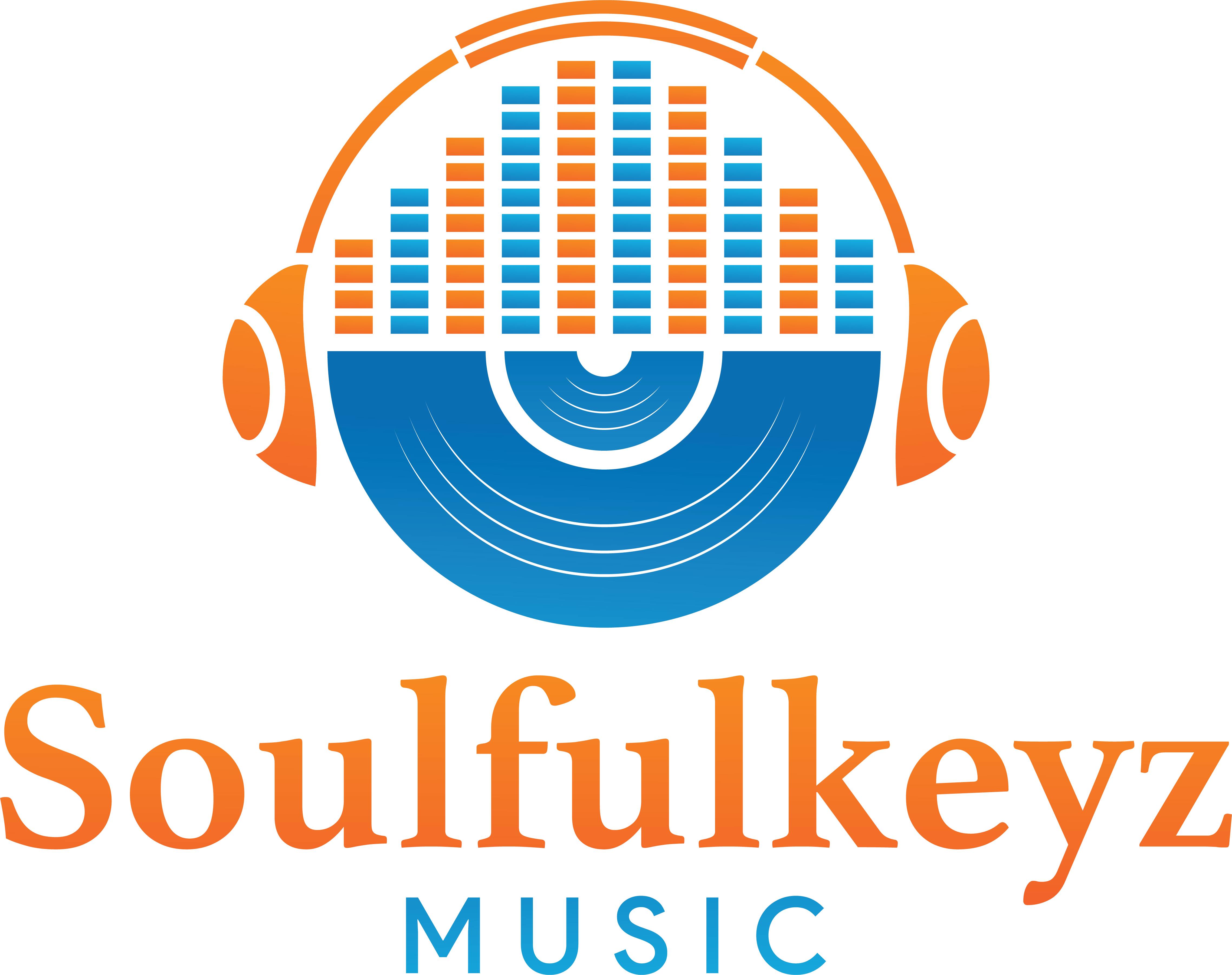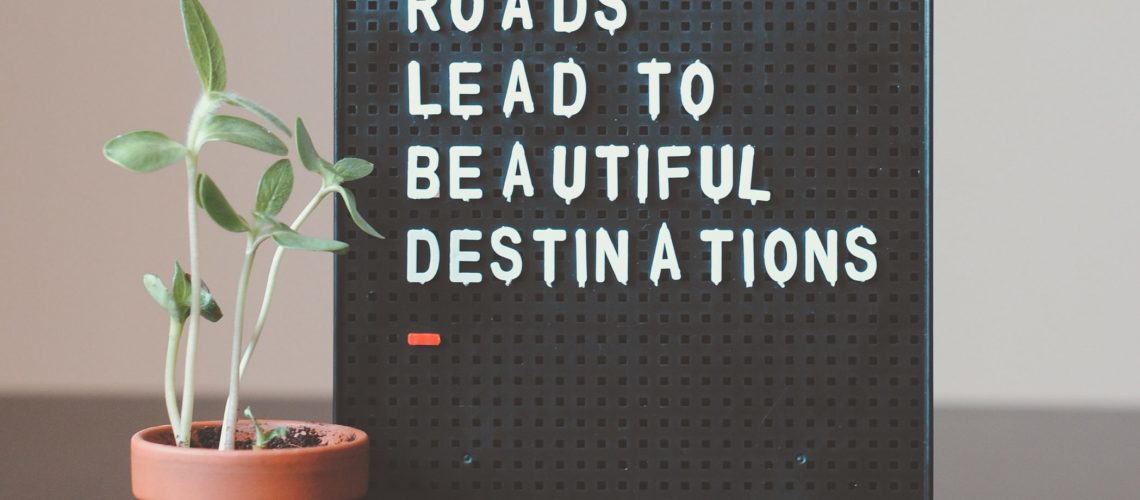Not long ago I got an email from a musician that wanted some advice on mastering his instrument and overall growing as a musician. As many may know, I have been a musician and been playing instruments and performing almost all of my life. I even have a Bachelors degree in Jazz Piano. The information I’m about to share is applicable to Musicians, Producers and Artists. For singers and vocalists, your voice is your instrument. The same tips below will apply. Here is an excerpt from that email where I gave that musician advice and answered questions. His inquiries are in bold italics.
Dear Nelson, first and foremost – your are amazing. You’re an inspiration for me when I see you on the keys. I’ve reached out a few people who I admire their skills and talent, for some help and guidance, and was surprised that not many were willing to help or respond.
Please Nelson, do respond and I would appreciate if you could answer my questions.
I’d like to play the keys like you one day…soon hopefully. Stay blessed my brother. Take care. I’m anticipating your response.
Hi. Thanks for reaching out. I am humbled and honored and I would be happy to answer some questions for you. I too have reached out to people who I have looked up to musically and never got a response. Many times the people that are the best at what they do are often the busiest, so they often don’t have time to respond. (Side note: Don’t be one of those people that don’t respond to your fans or clients or people that look up to you. Make the time to respond and answer questions. You’re not too important or too special to respond to an email. It’s not a good look. Only takes a few minutes.) 🙂
What is the minimum useful unit of knowledge to play proficiently?
To play proficiently you would have to, no surprise, practice a lot. The more hours you put in, the easier playing without thinking becomes. Practice hard things over and over and over until it becomes easy. At the same time, keep practicing the easy fundamental technique things like scales, triads in every inversion and arpeggios. And always practice slow with a metronome. Speed the metronome up gradually (BPM), maybe in increments anywhere from 1-10, once you have mastered playing what you are practicing slow.
What 20% of those minimum units will lead to 80% fluency – Pareto’s principle?
Music is 90% mental and 10% physical technique. If you can think it (hear it in your head), you can play it. Getting your fingers to play what is in your head isn’t the hard part. That could be worked out in a few days. The hard part for most people is being musically creative…generating creative ideas. You get musically creative by listening to as much music and as many different styles of music as you can. It will also make your ear better. Feed your musical brain and it will show in your playing. Listening to music along with only practicing things that you can learn from will help. Dive in and experiment and have fun. Analyze what you learn to see how and why it works in every musical context. Find creative ways to use what you learn and think.
What’s the most effective order for learning these units?
Repetition and stepping outside of your musical comfort zone is the most effective way to learning those units. If something is hard, try to play it. If you can’t play in a particular key, write a song in that key. If something is uncomfortable or unfamiliar to you, do it. Leave no musical stone unturned. The shortcut to getting good at music is to not take any shortcuts. You don’t want to end up in a musical situation where you get stuck and don’t know what to do because you took a shortcut and became comfortable.
Can I compress the most important 20% into a cheat sheet – I understand some say they’ve done that?
Know your why. Why practice? Why is the result of all your practicing important to you? Why do you do music? Why do you want to learn or get better at an instrument? See the end result and end goal everyday before you even start your practice session. If you don’t know why you are practicing everyday it’s a very high possibility that you won’t do it, won’t be motivated to do it, or won’t be 100% focused. Be focused. Whatever you focus 100% of your attention and energy on, you will find. If you had to compress it into a cheat sheet it would be: Figure out what to focus on. What does it mean to you (your why). What are you gonna do to get there. Then take massive action.
What is the best duration and frequency for practicing?
Massive action yields massive results. Practice length depends on how good you want to be. The more you put in, the more you will get out. But more importantly, it’s what you practice. You can practice a song for five hours straight but it’s not going to make you any better. But you can play scales, difficult lines and difficult passages from a song for 30 minutes and accomplish more than playing an entire song for five hours. Right now I only practice an average of 3 hours a day. Sometimes when I’m really busy I can only practice about an hour or so. When I was little I practiced somewhere around 8-10 hours most days. To put things in perspective it’s guys, that are near the top of the list of being the best on their instrument, that practice 12-14 hours everyday. It all depends on your schedule and focus. You don’t have to do hours all at one time either. You can break them up throughout the day and take as many breaks as you need. It’s harder to learn if you are fatigued or frustrated, so take breaks during the day. Also, if you start feeling pain in your hands (or voice for singers), take a break and reevaluate your hand position or technique to make sure you don’t cause permanent damage.
How can I create mental anchors and tricks to make sure I remember the stuff?
In my personal opinion, mental anchors and tricks, such as remembering something like “Every Good Boy Does Fine” for reading treble clef or “knives are sharp and goes on the right and forks are flat and goes on the left side” for knowing where flats and sharps are on the keyboard, takes too much time and energy. It is far easier to just flat out learn it (flats, sharps, note names, notes on the staff) or just memorize it. If you are practicing little excerpts and little or small pieces of material each time, you will be forced to remember it. It’s easier to remember those little things that you have practiced over and over than to remember full songs all at once. And if you have listened to a song a bunch of times before you start learning it, that will make learning it easier. The goal in practicing is to eliminate all weaknesses. If you have truly eliminated all weaknesses while learning a song you will not have a problem remembering the song because you would have practiced all the hard parts at least 1,000 times already.
I hope this helps out. Let me know how it goes and keep being persistent.

